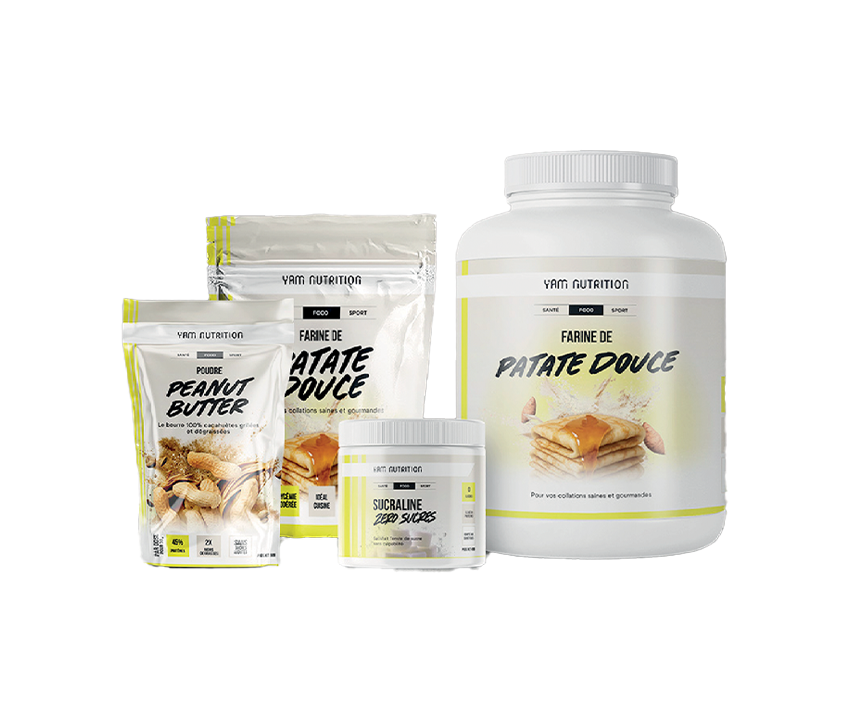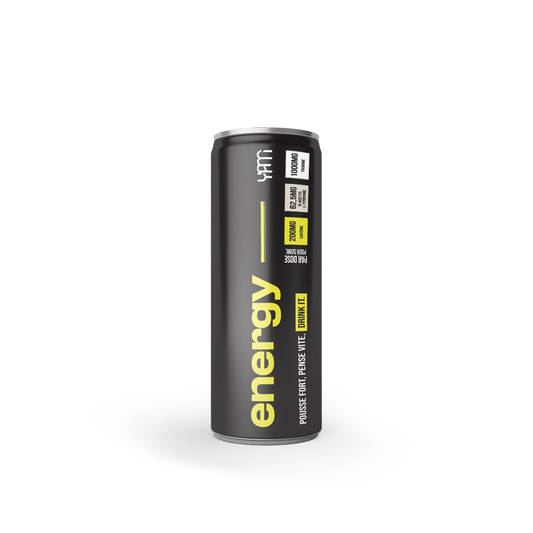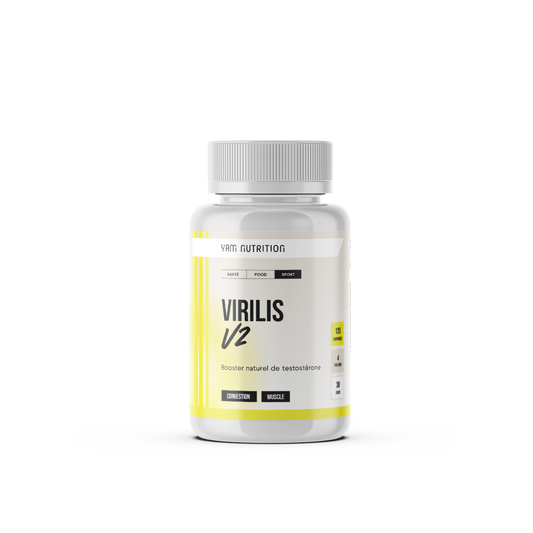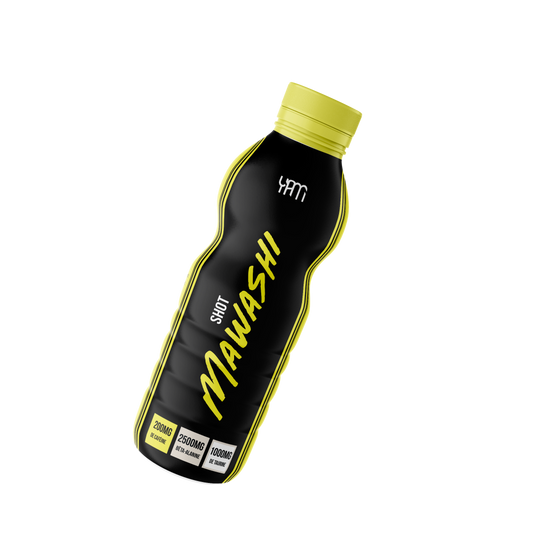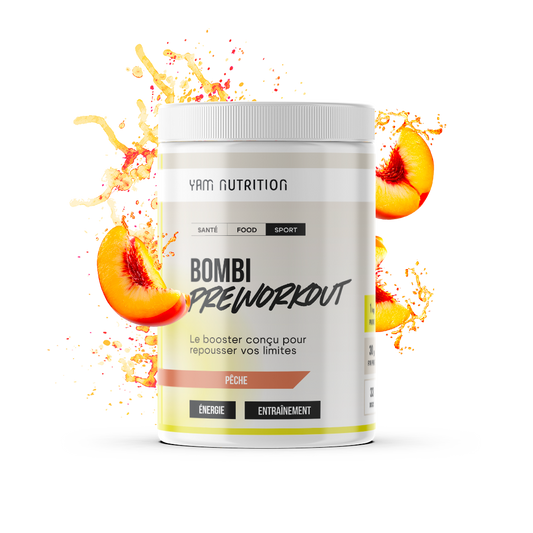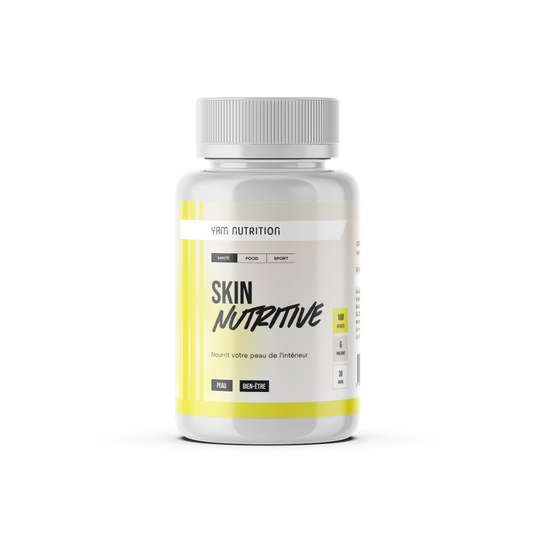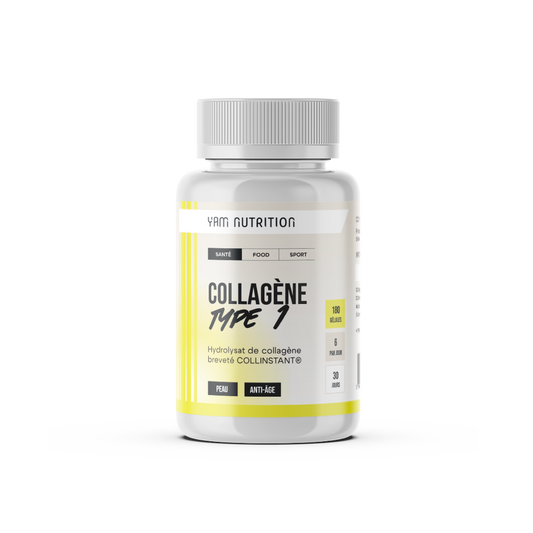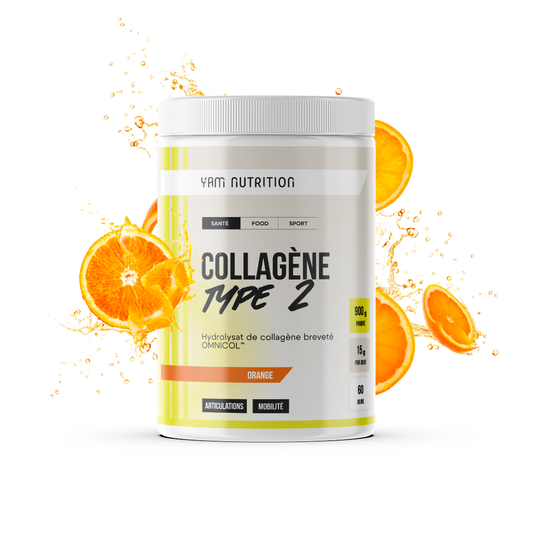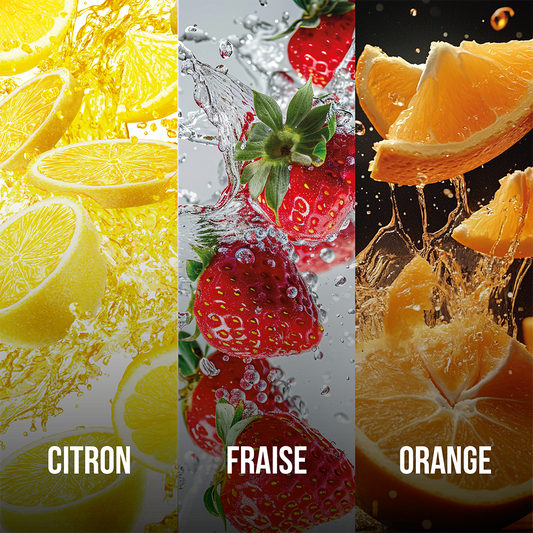Do you do endurance or team sports? Do you need nutritional supplements?

Sommaire
- The sports nutrition market has focused on strength and bodybuilding sports
- What dietary supplements might benefit endurance or team sports athletes?
- Resistance or endurance, vitamins and minerals are equally important in terms of performance
- Do endurance athletes need extra protein?
- Practicing high-intensity endurance sports requires an optimal protein intake.
- Collagen helps maintain joints and ligaments in endurance athletes
- Glycine, the amino acid associated with collagen and multiple metabolisms in humans
For those who don't know yet, the first brands of dietary supplements date back to the 1940s. Indeed, it's not really a new thing. Initially, pioneering brands in this field like Now Food or Solgar aimed to provide isolated nutrients as dietary supplements to supplement everyone's diet. While the purpose of these nutritional supplements hasn't changed over all these years, the issue of athletic performance and endurance has been added to that of nutritional necessity. This is how the sports nutrition market developed in the late 1970s. This is particularly the case with brands like Joe Weider, Twinlab or Universal Nutrition whose first protein powders and other multivitamins aimed to boost the athletic performance of bodybuilding practitioners .
The energy drink 2.5x more caffeinated than average The natural testosterone booster The ultimate pre-workout booster for a killer boost
YAM Energy Drink
Sale price
From 2,50 €
Virilis V2
29,90 €
Sale price
29,90 €
Bombi Preworkout
Sale price
49,90 €
In fact, the sports nutrition market has long since split into two. On the one hand, there are proteins for bodybuilding and carbohydrate supplements for endurance sports. Athletes in running, trail running, swimming, marathon running, and cycling rely primarily on carbohydrate intake during exercise. Minerals (electrolytes) and vitamins are also necessary during long-term exercise.
The sports nutrition market has focused on strength and bodybuilding sports
The bodybuilding supplement market really exploded with the arrival of creatine monohydrate in the late 1990s and the evolution of industrial filtration processes, making it possible to obtain protein isolates at 80 or even 90% concentration. On the other hand, carbohydrate drinks for endurance athletes have been around for much longer. Today, the market has become so complex that it has become impossible to count the brands and their products. However, endurance and team sports enthusiasts have not really benefited from a very wide selection of nutritional supplements . Currently, the offer remains quite limited, with few nutritional supplements adapted to the needs of these athletes.
However, scientific research, as well as the field experience of athletes, has shown that simply ingesting carbohydrates before or during endurance training is not enough to best meet the nutritional requirements of these athletes. The presence of electrolytes, B vitamins and antioxidants is not always sufficient to achieve the best performance.
Let's try to delve deeper into this topic...
What dietary supplements might benefit endurance or team sports athletes?
If most food supplement brands are not very interested in endurance athletes, it is because mentalities are very closed on the one hand and they are not very interested in these athletes. Let's say that they represent a significant part of the sports nutrition market. For most endurance athletes, only their glycogen reserves really matter to them. In other words, we are still very often in the cliché of the athlete who eats pasta to better recover from his long-distance run or his cycling race . The same cliché exists for marathon or half-marathon practitioners.
This also explains the huge gap that exists with bodybuilders who are actually helped by increasingly complex and effective dietary supplements. However, it must be said that an endurance athlete does not have the same nutritional needs as an experienced bodybuilder . A priori, the most effective dietary supplements should be different for endurance sports. However, parallels can be drawn between the two. In this context, we will see that vitamins, proteins, certain amino acids such as BCAAs or glycine, as well as collagen have their place in endurance sports.
Resistance or endurance, vitamins and minerals are equally important in terms of performance
The basal and energy metabolism of a strength or endurance athlete are built on the same foundations. With this in mind, the two types of athletes have macronutrient needs that may be slightly different, but their vitamin, mineral (electrolyte), and trace element needs are more or less the same. This is precisely why taking a daily multivitamin is one of the most essential supplementation steps, whether you're doing bodybuilding, endurance training, or a team sport. Calcium is just as important when it comes to initiating muscle contraction as magnesium is when it comes to reducing it.
Unfortunately, while calcium intake is often met through daily diet, magnesium deficiencies are also the most common, both among sedentary individuals and athletes. The same can be said for vitamin D. Indeed, this vitamin plays an essential role in maintaining muscle strength and the exchange between phosphocreatine and ATP. It also ensures optimal androgen hormone levels. Its role in immune system health is also well-established. Whether you're doing strength or endurance training, a dietary supplement that provides vitamin D is essential.
Do endurance athletes need extra protein?
The question of increased protein needs for bodybuilding athletes is empirically and scientifically validated. It's important to know that their workouts generate micro-tears that must be compensated for by supplementing with amino acids to strengthen muscle structure. From this, we can estimate that bodybuilders need 1.6 to 2.2 grams of protein per kilogram of body weight . If you do cardio or running, protein needs would be lower. But what about endurance athletes?
Practicing high-intensity endurance sports requires an optimal protein intake.
In fact, it would be wrong to believe that the nutritional protein needs of endurance or team sports athletes are equivalent to those of a sedentary person. But once again, it is mainly a question of knowing the level of intensity practiced by athletes. When the exercise intensity is high and training is very frequent, amino acid needs also increase. This is a now accepted idea among endurance athletes, given that a BCAA intake has proven to reduce muscle loss in these athletes, while providing them with energy . Branched-chain amino acids have an anti-catabolic effect during intense and long-term endurance exercises.
For some extreme endurance sports like marathons, triathlons, trail running, or other intense and long-lasting sports, an optimal protein intake would be desirable in order to maintain muscle condition while preserving performance. In this case, a post-workout protein shake can be considered. Similarly, isotonic drinks or gels enriched with BCAA or beta-alanine will also be of interest to endurance athletes.
Collagen helps maintain joints and ligaments in endurance athletes
Naturally, endurance athletes complain quite frequently of joint or ligament pain. Given the repeated impact their legs endure, this is hardly surprising. Joint or tendon injuries are quite common among runners or those who participate in team sports such as football, rugby, volleyball, and other sports practiced over a relatively long period of time. In this clinical setting, taking collagen powder has proven effective in maintaining and repairing painful joints as well as preventing tendonitis. In fact, collagen and a good multivitamin are arguably the two best supplements for endurance athletes. If you put frequent strain on your joints, a collagen supplement with vitamin C could help you maintain your athletic performance.
Glycine, the amino acid associated with collagen and multiple metabolisms in humans
Along the same lines, glycine is the amino acid that forms the molecular basis of collagen. However, this amino acid is also associated with other essential functions in the body, such as the synthesis of creatine, the formation of red blood cells that transport oxygen, or its often overlooked anti-inflammatory potential. What is certain is that scientific research has demonstrated that glycine is the amino acid deficient par excellence. Whether you are sedentary or athletic, glycine is a healthy amino acid whose benefits should be presented more often. As for creatine, it is far from useless for endurance sports practitioners. Here too, clinical experience has shown that it has a positive effect on post-exercise recovery , whether you are doing strength or endurance training. Here again, scientific and clinical studies demonstrate that creatine is one of the most interesting food supplements for athletes.
Whatever supplement you take, remember that dietary supplements are not miracle products. They need time to provide you with an appreciable benefit, whether it's performance, muscle mass maintenance, or post-exercise recovery. Expect to take several weeks to fully benefit from them. However, it's a shame that endurance athletes still show little interest in dietary supplements, despite the benefits long demonstrated by science and empirical sports practice...
Eric MALLET
Spécialiste en Nutrition Sportive
